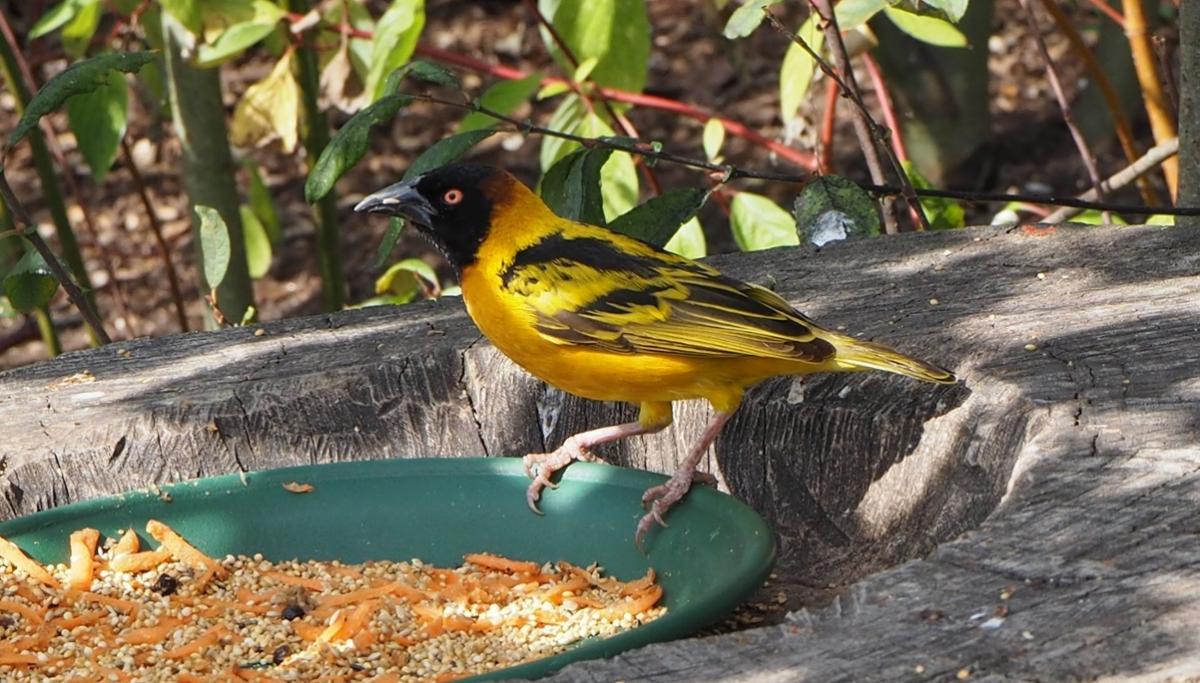By human standards, some animals’ eating habits are strange, and even disgusting. One example is coprophagy—eating poop. It’s fairly common for both mammals and birds. Dog owners may notice it as a disturbing, though normal, behavior in their pets. In 2024 a team of Australian biologists published a study of this surprisingly important habit in birds.
Many bird species eat their own droppings, those of others of their own species, and sometimes those of other species. Why? According to the study, the practice has to do with beneficial microbes that live in the animals’ gastrointestinal tracts. These microbes are essential to important biological functions such as digestion, breaking down toxins, the function of the immune system, and protection from harmful bacteria.
Fecal material contains some of these microbes. Eating it helps shape the mix of microbe species in the bird’s gut. This can allow it to absorb lost or deficient nutrients, or adjust to new food sources as the seasons change, or as the bird moves to a new environment. These benefits are especially important to young birds that are still developing. They’re also important to birds that migrate long distances, as they alternate between long fasts and periods of binge eating to refuel.
Along with all its major benefits, the study found that eating poop has occasional downsides for birds. It can potentially transmit diseases. This is important because migratory birds can spread diseases over long distances—and some of these diseases can spread to humans. That means that by understanding this strange practice of birds, biologists may be better able to help keep our own species safe.










